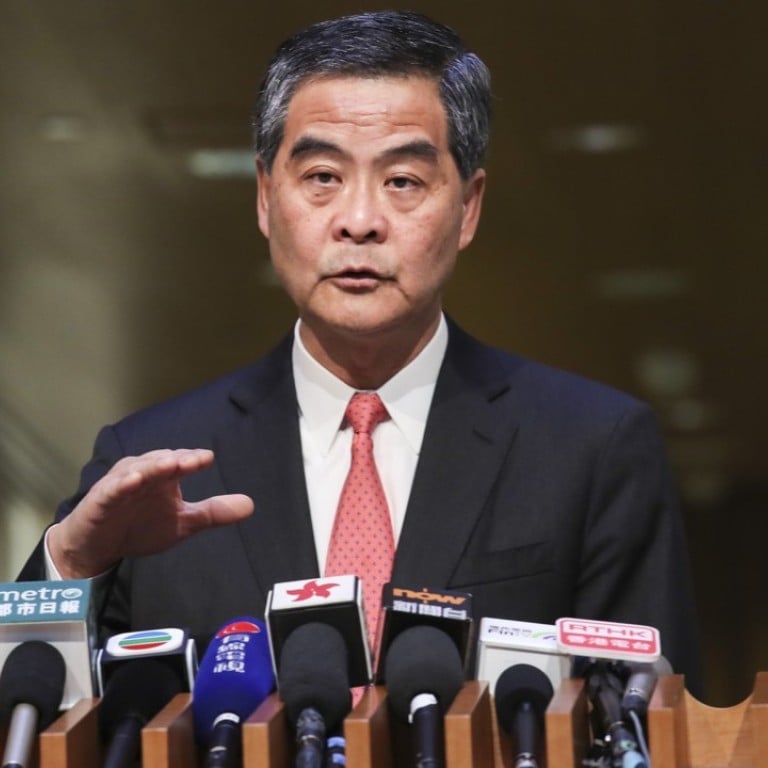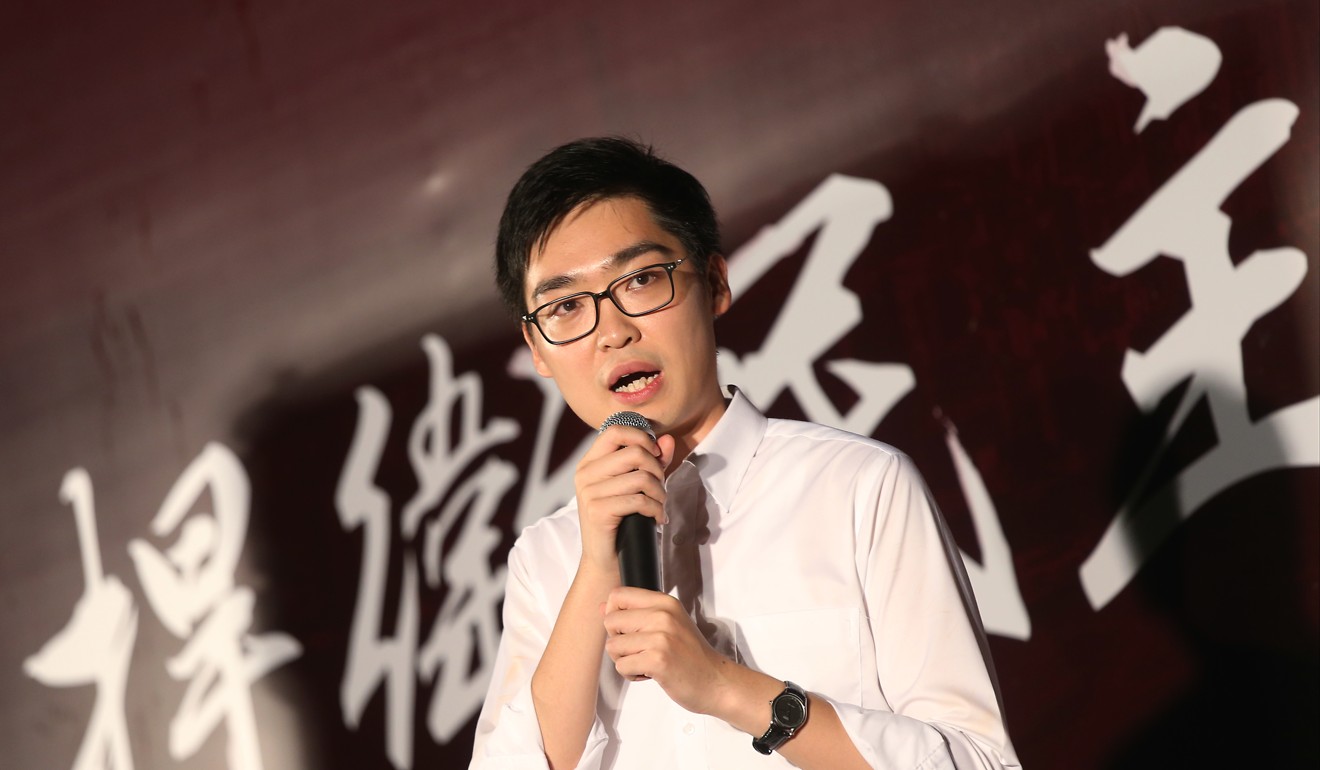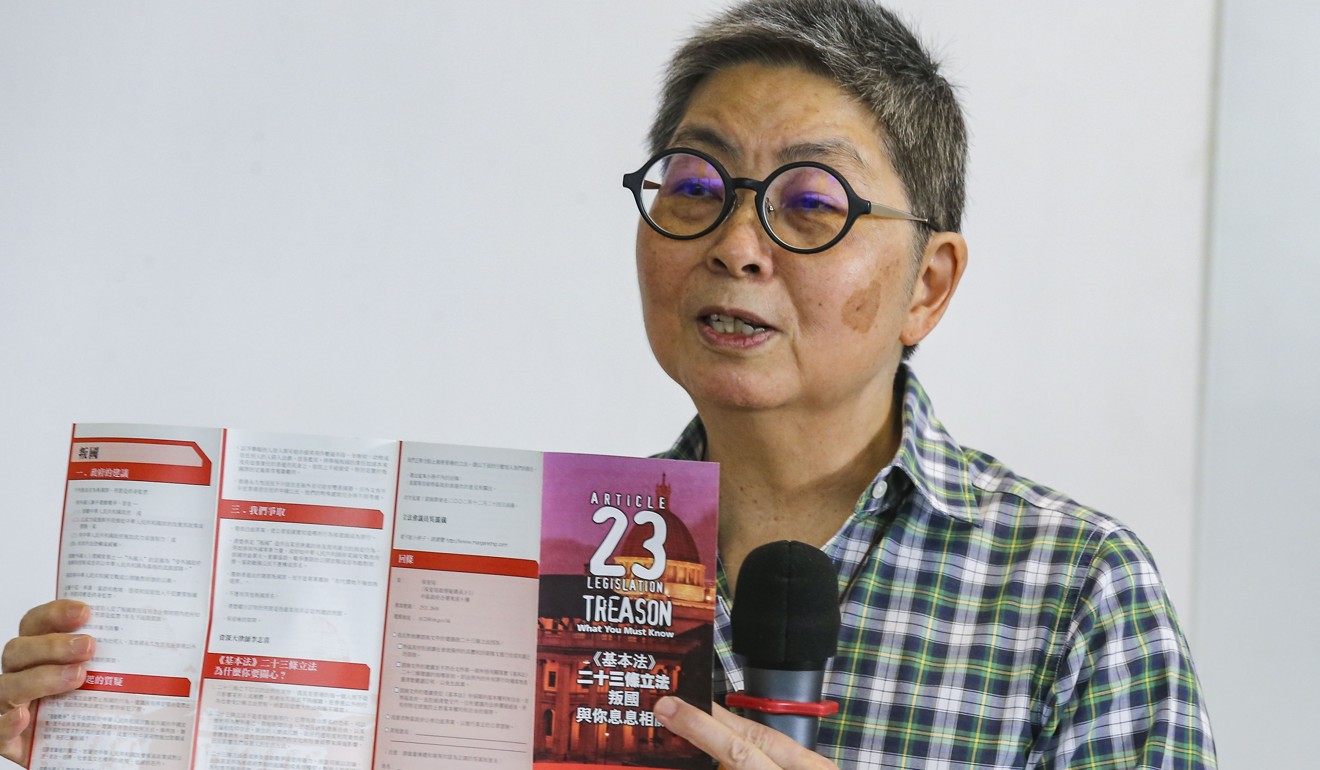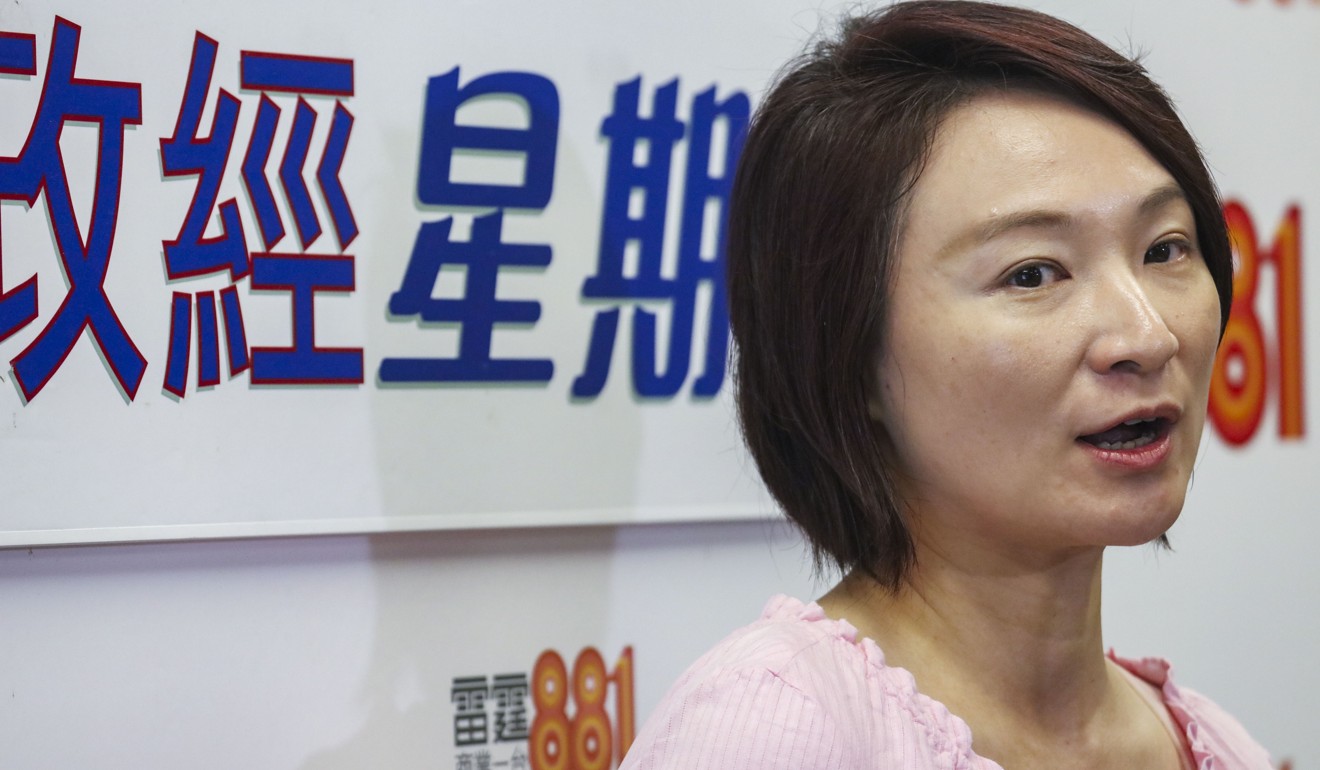
Former Hong Kong leader CY Leung steps up attack on Foreign Correspondents’ Club over talk by separatist party head Andy Chan
Ex-chief executive reminds club premises are leased from government at ‘token rent’ and says Chan’s invite has nothing to do with press freedom
A former Hong Kong leader has stepped up his attack on the city’s Foreign Correspondents’ Club, which insists it will invite the founder of a separatist party to give a talk despite a warning from Beijing, reminding the FCC its premises in Central are leased from the government “at a token rent”.
The organisers however still intend to go ahead with the event on August 14.

Leung’s letter also came just hours after Mallet argued that the value of the club centred on a system that differed from mainland China’s, adding the press freedom was endorsed locally and views from people across the political spectrum were permitted.
In the open letter on his Facebook page, Leung, now a vice-chairman of the Chinese People’s Political Consultative Conference, a top advisory body, said inviting Chan to speak at the club had “nothing to do with press freedom” and reminded the FCC that its iconic building in Central was rented from the government at a token price because of the value.
“Press freedom is a core value that Hong Kong treasures so much, so that the government of Hong Kong leased to the club at a token rent the building on Ice House Street in Central. Not many organisations in Hong Kong have received from the government this kind of support,” Leung wrote.
“Ironically, I presume these premises will be exactly where Andy Chan has been invited to present his case for Hong Kong independence.”
Leung also said he was “gravely concerned” about Mallet’s logic as that effectively meant the club would not “draw any line against criminals and terrorists”.
“We ought to be gravely concerned if this is the policy of your club because before long you will invite advocates for Taiwan independence to speak publicly at your club. Presumably then you will defend your decision by also arguing that those who oppose Taiwan independence would be given equal opportunity to present their views,” Leung argued, referring to the journalist’s earlier remarks.
“Following this logic, you most probably will not draw any line against criminals and terrorists. As I said, we ought to be gravely concerned.”
Earlier on Saturday, Leung had already said in a separate Facebook post that the club “could not invite whoever they want, to talk about whatever they want”.
Chan’s group is facing a government ban for being an “imminent threat” to national security.
“The FCC has put up a facade of freedom of expression,” Leung said.,
Today it’s Chan on Hong Kong independence, and tomorrow, it could be others on the independence of Taiwan, Xinjiang and Tibet
“Today it’s Chan on Hong Kong independence, and tomorrow, it could be others on the independence of Taiwan, Xinjiang and Tibet – what is Hong Kong supposed to do?”
Leung rhetorically questioned whether the FCC would invite triad leaders and terrorists, pointing out that “freedom of expression is not absolute”.
He also said the club “ought to know the red line against independence is absolute and clear”.

In response to Leung’s first post on Saturday, Mallet said: “We want to hear [Leung’s] view, we want to hear from Beijing, but we also want to hear from those who oppose them. This is precisely what this club and freedom of expression is about.”
He stressed that the club did not necessarily endorse the views of speakers, and “some members may agree, some don’t and some may vigorously challenge [speakers’] views”.
“The office should not intervene at all,” Ng said. “Beijing is trying to use all possible means, legal or not, to eradicate the HKNP.”
Starry Lee Wai-king, chairwoman of the pro-Beijing Democratic Alliance for the Betterment and Progress of Hong Kong, said it was “sensible and reasonable” for the central government to show its stance, since the interest of “one country” must be preserved and Chan’s party had clearly advocated independence.

But Civic Party lawmaker Jeremy Tam Man-ho said any organisation should be free to invite their own guests and the move by the ministry’s office was a bid to curb freedom of expression in the city.
The Post earlier reported that the office held a meeting with the FCC and advised the club not to let Chan speak at the event.
The FCC made clear it “welcomes speakers of all political views from left to right”, and would continue with the talk, which would be opened to club members and the media, and broadcast live on Facebook.
Late on Friday evening, the ministry’s office said it “resolutely opposes any external agents providing a platform for independence forces to spread their absurd ideas”.
Regarding the proposed police ban on Chan’s party, the office added it “resolutely supports” the Hong Kong government to “handle relevant issues according to the Basic Law and Hong Kong law”.
The Hong Kong National Party, a small-time outfit, was thrust into the spotlight last month when Secretary for Security John Lee Ka-chiu said he was considering a police recommendation to ban the party under the Societies Ordinance.
It would be the first time a political group was banned since Hong Kong’s return from British to Chinese rule in 1997.
The party has until September 4 to argue its case against the force’s proposal.


